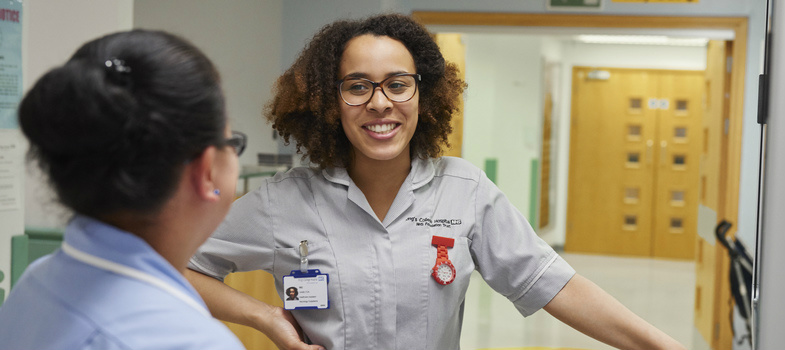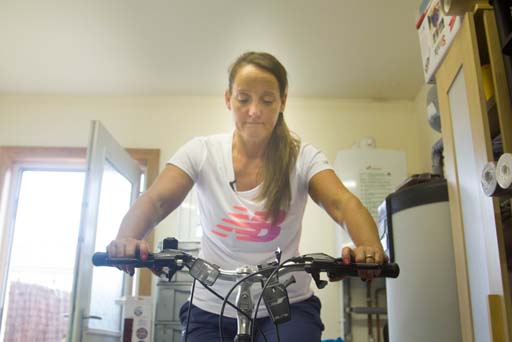4.11 What other methods do people use to manage their condition?
Complementary therapies
Many people tell us they find that complementary therapies can help with posture, fitness, relaxation, social interaction and general wellbeing. Some people have found relaxation therapies to be particularly helpful, as stress can make the symptoms of Parkinson’s worse. Techniques used include acupuncture, Alexander technique, aromatherapy, art therapy, hydrotherapy, massage, music therapy, reflexology, tai chi and yoga.
It is important that a person speaks to their specialist or Parkinson’s nurse for advice if they are interested in trying complementary therapies to find out if they are suitable. This is particularly true of herbal medicines or any therapy that involves taking vitamins, as some of these might interfere with Parkinson’s medication. It is also important to use a qualified complementary therapist – GP surgeries can often provide a list of local practitioners.
Parkinson’s UK local advisers
Local advisers provide confidential, one-to-one support and information for people with Parkinson’s and their families. They can signpost to local services, and provide details about benefits and help with the application process. They can also act as a supporting voice if people are having problems getting their needs assessed.
Find the name and contact details of your local adviser. [Tip: hold Ctrl and click a link to open it in a new tab. (Hide tip)]
4.10 What surgical options are available?

